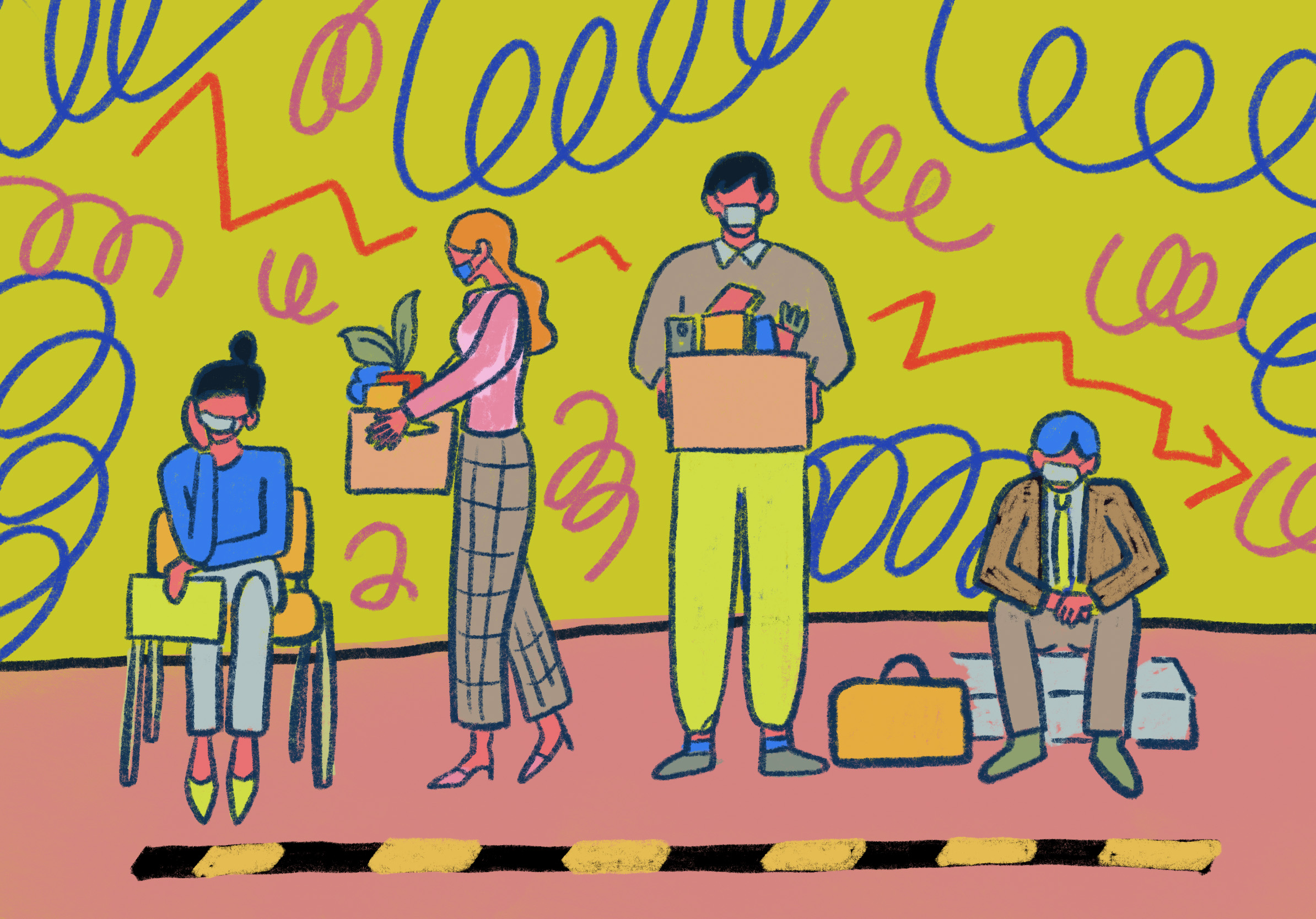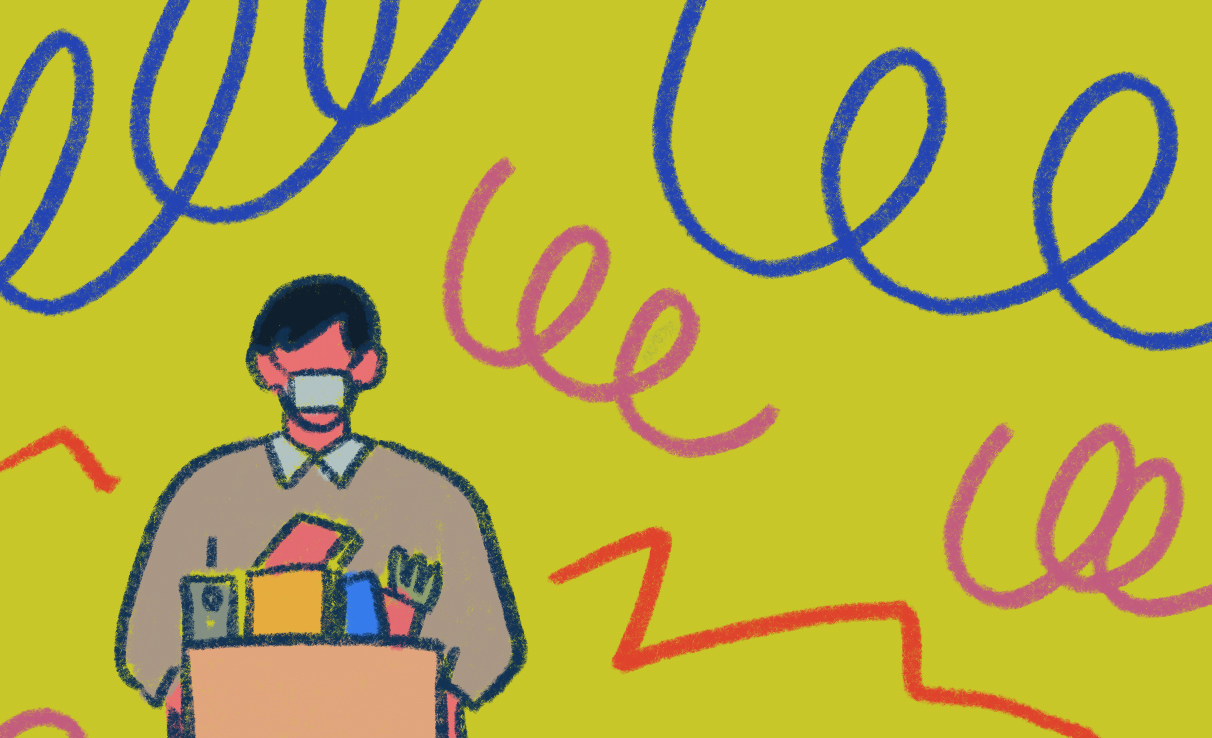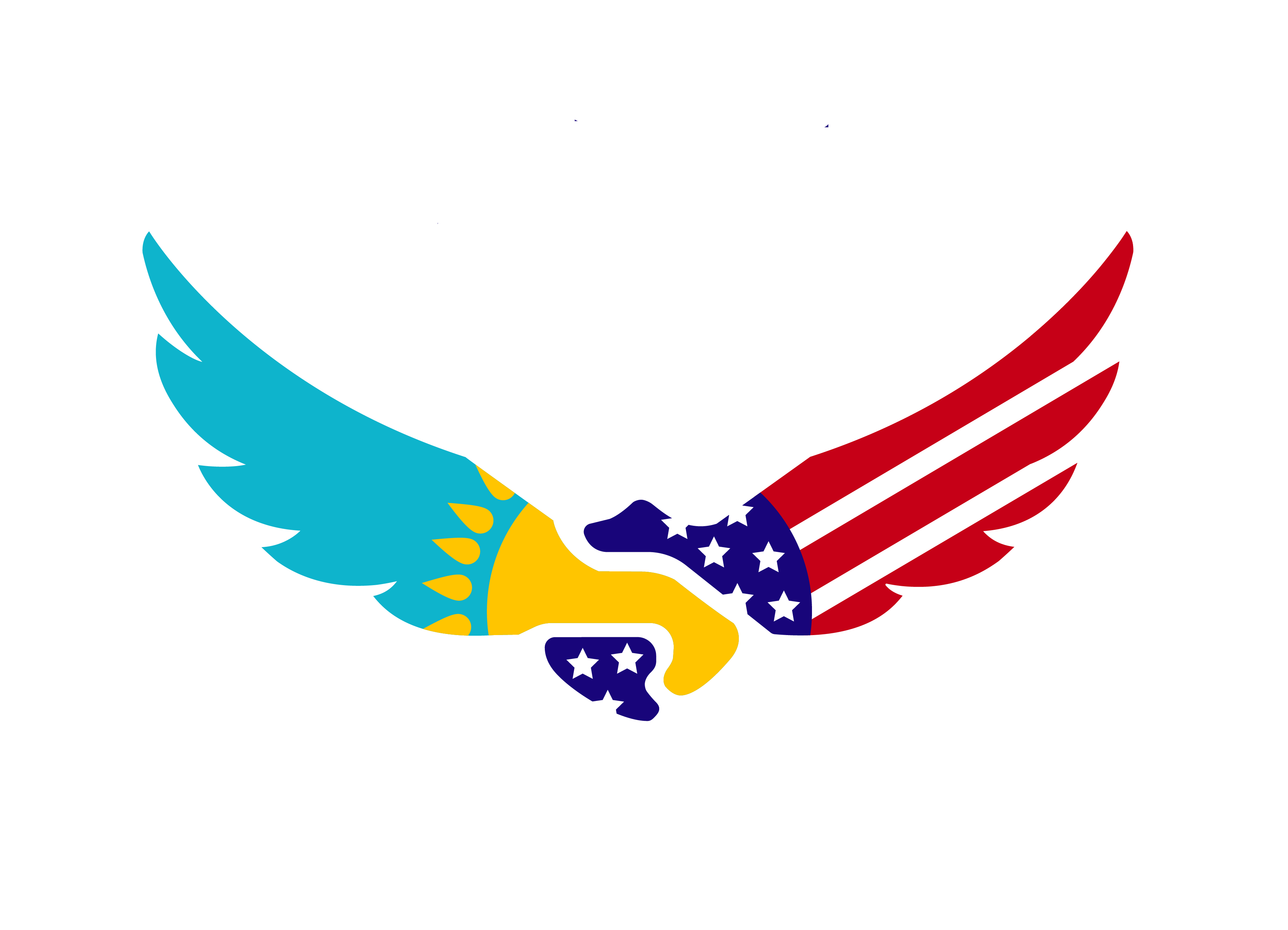If you’re out of a job, how can you change your career? Kazakhstanis share their stories.
Anna Wilhelmi
February 9th, 2021
One thing people can try is registering at the labor exchange, or you can always look for a new position on your own. But you can also acquire new skills and master a job that’s more in demand. Manshuq spoke with three Kazakhstanis who did exactly that. These are their stories.
Story I. How to consider returning to a career after a long time away.
In the USSR, jobs were allocated by the state, and after graduating Irina was sent to work for three years at a crane-building plant in Ukraine. There, she introduced automatic payroll accounting at the factory using the first Soviet minicomputers (which weren’t actually all that mini). At that time, “computing centers” were just starting to open, and IT specialists like Irina were in high demand throughout the entire country.
When the Soviet Union began to collapse, Irina went back home to Kazakhstan. For a time she worked at Metrostroy, a state engineering firm building Almaty’s subway system, where a computer took up half a room and could only be used for five days a month, maximum. Then she was hired by a private company to write accounting programs for the first personal computers. The IT industry, meanwhile, was growing, and the first software packages went on the market — pirated at first, but later licensed from the Moscow tech giant 1C. Keeping a staff of programmers on the payroll was no longer necessary. Still, Irina was offered to stay on with the company, but as an accountant in another department.
In the Soviet Union, large computing centers had mostly been found at major state ministries, but the country was falling apart, and by that time most of them had already shut down. Knowing that finding a job in her previous line of work would be a challenge, Irina decided to accept the offer. She took retraining courses on her own dime, so that she wouldn’t have to rely on the company, and worked there for several more years.
After being invited to work for a foreign company in the oil sector, and working with their finances for several years, she and a colleague took a correspondence course to get a second degree, so that there wouldn’t be any questions about her official qualifications that might affect her salary. She passed several different international exams to be certified as a practicing accountant.
Irina worked for that oil company in its various offices for more than fifteen years - until last year, when they decided to close the Almaty office. She says that she doesn’t regret changing her qualifications: she was drawn to both jobs, and in each role the tasks were essentially the same: preventing calculation errors, or quickly finding them and making corrections.
Back in the late 80s, there were 120 other people who studied with Irina. Of all the classmates she’s spoken to, only three still work in programming. Many went abroad, but most, like Irina, simply changed careers.
Story II. How to find yourself by trying out different things.
“I thought maybe I should go to some kind of international organization, like the UN, for example. But I never heard back from anybody,” says Bogdan. "Then I went to work at a travel agency, just because that was the only place where they’d take me." Filling out forms for package holidays wasn’t for him, so he quit and spent another two months in job interviews.
In the end, the fact that he knew German ended up giving Bogdan his breakthrough. Neither companies that offered him a job had anything to do with political science or international relations; one produced logistical equipment,and the other was related to insurance. Bogdan chose insurance and the company put him through an internal training program. Now he’s been with the company for three years, but is looking once more to change careers. For a year now he has been studying remotely as a UX / UI designer at Yandex and feels like he’s finally found his niche. Going back to something in international relations holds no interest.
Of the people Bogdan knows from when they were studying International Relations, some went into journalism, some went into marketing, and some work for an auditing firm. Not a single one is in their intended profession.
It might seem like the problem stems only from today’s education system, but no — people from different generations and with very different qualifications sometimes find themselves out of work.
Story III. How to keep on going when a pandemic is raging and you’ve just been fired.
The coronavirus hit the economy hard: job openings dried up, and Ainur spent more than a month looking for work. At a certain point, money was running out and it didn’t even matter any more what job it was. That’s how she started working as a cashier at a supermarket.
By June and July, she was hunting for work again, and in August she became a freelance recruiter. Now she’s on staff at two jobs while teaching at the same time. She doesn’t plan to go back to working as a cashier, because she doesn’t have to. But she admits that the experience was useful: “Those two months taught me that I have to plan my budget in advance,” Ainur says. “You have to learn to count on less than you were promised, because employers can cheat you. I also experienced what it is like to work six days a week. People just naturally get burned out. It’s too bad that in Europe they’re trying to introduce a four-day work week, but in our country that’s unheard of."
For Ainur, the most important thing is to never give up: “No matter how difficult the year might be, your future depends on what kind of person you are. If you’re a pessimist, you might make up excuses; if you’re an optimist, he will be too complacent. A realist solves problems as they come."


